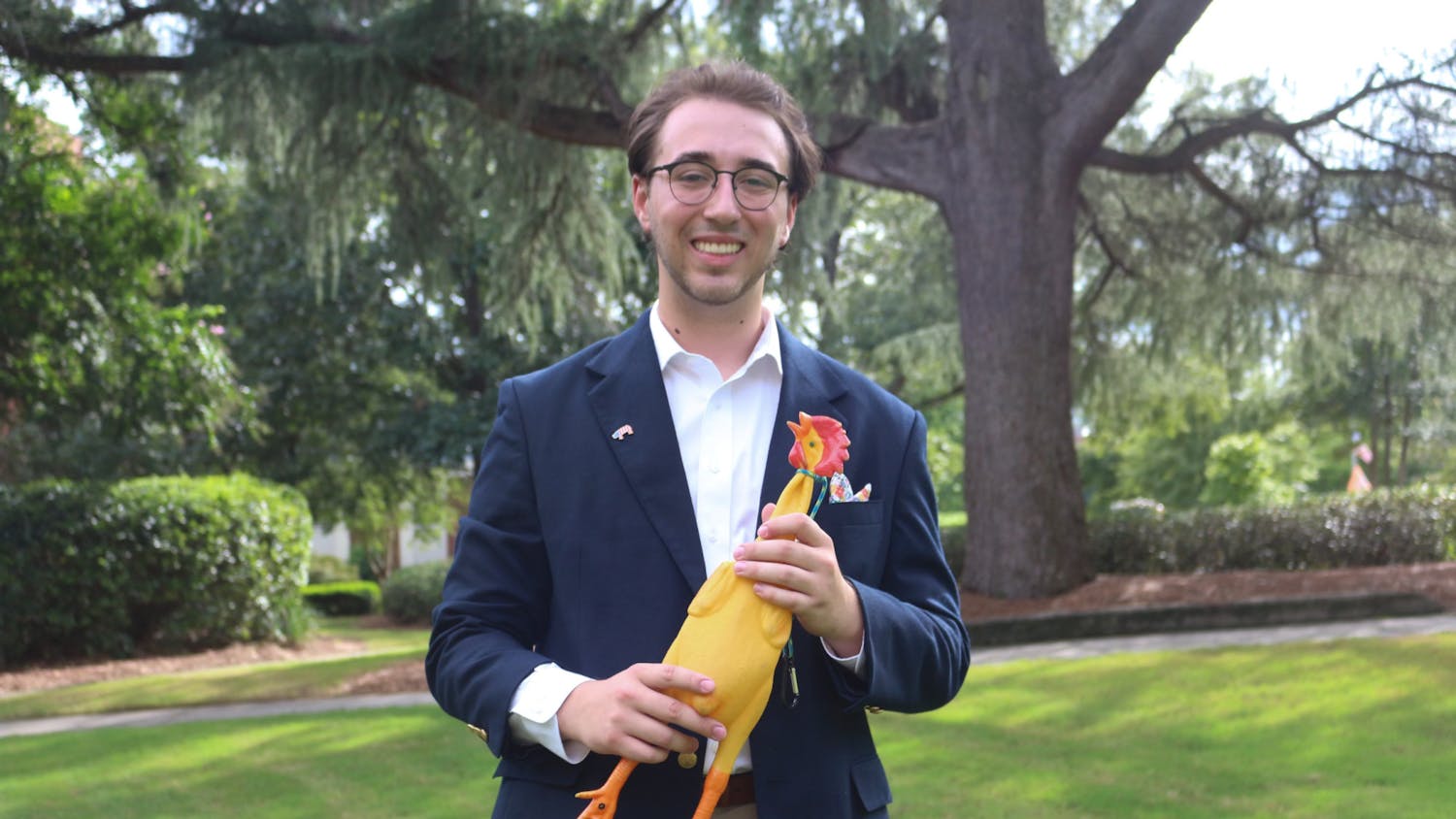Medical marijuana, also referred to as cannabis, is a topic in the medical and drug field that brings up much debate over whether or not it should be legalized in all of the states.
Medical marijuana is legal in 23 states and Washington D.C. Currently only two states have legalized marijuana for recreational use. If medical marijuana is truly needed and beneficial, patients should have access to the treatment that will help them.
Several states have laws that decriminalize marijuana. Decriminalization of marijuana means that minor possession charges will no longer be handled as serious crimes. This could be compared to the legal actions taken towards traffic violations. Legalization is where charges would not exist on the state level.
There is an accumulation of evidence that shows the proven medical benefits marijuana is able to provide. Medical marijuana has been shown to help individuals suffering from various cancers, AIDS, glaucoma, and several other physical and mental conditions.
When marijuana comes to mind, most people would think of it as a plant that is being smoked. Many feel that those who would be using medical marijuana would be smoking it and that this would be inappropriate and harmful for children and adults. Many forms of medical marijuana are ingested orally rather than smoked. It can be turned into a liquid, pill, or edible form to consume.
Many modern medicines can affect the health of patients just as much as the disease the medicine is treating. Chemotherapy, a method of treating cancer, is one example of a medical treatment that harms patients while it treats them. Chemotherapy uses chemical substances that are delivered to a patient intravenously.
Chemotherapy related toxins could affect the health of an individual after administration. This can occur immediately after administration or several months later. Chemotherapy can damage the immune system, resulting in serious health risks to the patient.
Marijuana is a natural substance that can be grown in a natural environment devoid of chemicals. While it does not necessarily cure diseases on its own, it can be paired with treatments to be more effective than treatment by itself. Medical marijuana has research backing its ability to ease chemotherapy-induced symptoms including nausea, loss of appetite and anxiety.
Pain relief is one of the most important benefits of medical marijuana. This can be beneficial for individuals suffering from arthritis symptoms or other severe chronic diseases where the only alternative is a highly addictive prescription pain killer with a long list of unpleasant side effects.
While marijuana remains controversial and criminal in most of the country, it has the promise to heavily impact the country financially. According to an article published on CNN, there is an estimated $7.6 billion being spent annually by state and local justice systems on marijuana arrests and prosecutions. Marijuana is an extremely lucrative industry and not only would its legalization weaken the criminal element associated with the substance, it would increase tax revenues and jobs around the country.
Medical marijuana is an emotional subject because it blurs the line between “medicine” and “drugs”. The emotion needs to be taken out of medical marijuana and the focus should be put on the wealth of benefits it offers to those in need.

Medical marijuana: blurring the lines





